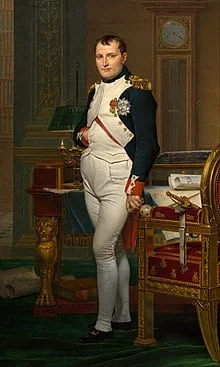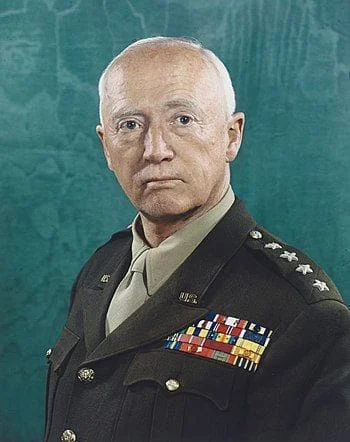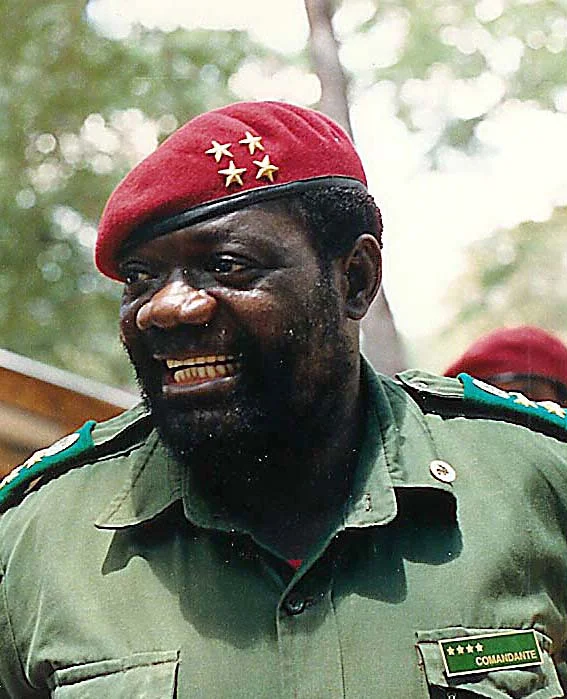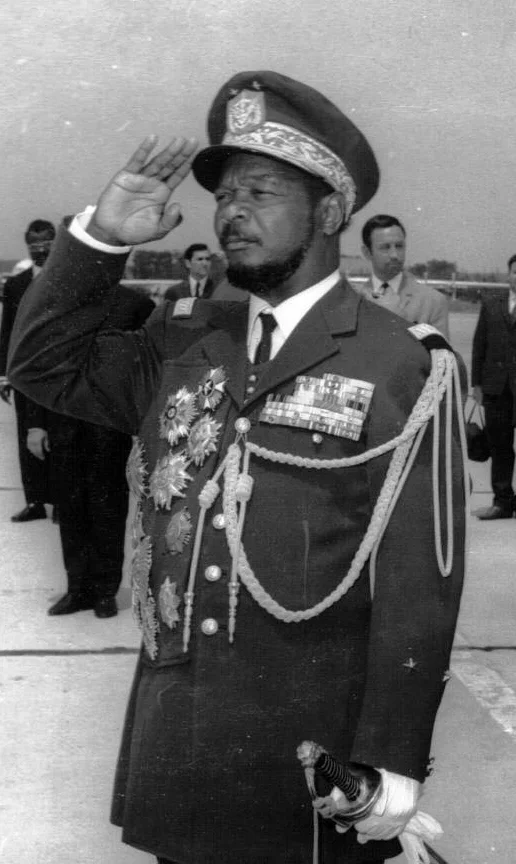Real Celebrities Never Die!
OR
Search For Past Celebrities Whose Birthday You Share

source:https:wikimedia.org
Napoleon
Birthday:
05 Aug, 1769
Date of Death:
05 May, 1821
Cause of death:
Stomach cancer
Nationality:
French
Famous As:
Emperor
Age at the time of death:
51
Napoleon's Quote's
Early Life and Education
Napoleon Bonaparte (1769-1821) was a French military leader and emperor whose influence on European history remains undeniable. Rising to power amidst the French Revolution, he became a symbol of both military genius and authoritarian rule.
Born on August 15, 1769, in Ajaccio, Corsica, Napoleon was the second of eight surviving children of Carlo Buonaparte and Letizia Ramolino, a family of minor Italian nobility. His childhood was shaped by his mother’s strict discipline and a strong Corsican identity. At the age of nine, he was sent to mainland France for his education, attending schools in Autun and Brienne-le-Château. Despite facing initial bullying due to his Corsican accent, he excelled in mathematics and military strategy. He eventually graduated top of his class at the prestigious École Militaire in Paris in 1785.
Early Military Career
Napoleon’s military career began in 1785 as a second lieutenant in the French army. The French Revolution, erupting in 1789, offered him opportunities for advancement. He rose through the ranks fighting against royalist forces and aligning himself with the Jacobin faction. However, his Corsican nationalism occasionally clashed with the Revolution’s ideals.
Rise to Prominence
Napoleon’s brilliance shone during the Siege of Toulon in 1793. His innovative tactics led to a successful defense against British forces, earning him a promotion to brigadier general. This victory marked a turning point, propelling him into the national spotlight. He later quelled a royalist uprising in Paris, further solidifying his reputation.
The Coup of 18 Brumaire
By 1799, France was embroiled in political instability. Seizing the opportunity, he staged a coup d’état known as the Coup of 18 Brumaire, becoming the First Consul of France. This marked the beginning of the Napoleonic Era. Eager to consolidate power, Napoleon crowned himself Emperor of France in 1804, establishing the First French Empire.
Reforms and Military Campaigns
Napoleon’s reign was marked by both progress and conflict. He commissioned the Napoleonic Code, a legal system that streamlined French laws and emphasized equality before the law. Through a series of military campaigns, he expanded French territories across Europe, but often at the cost of immense human suffering.
Decline and Fall
However, Napoleon’s ambitions overreached his grasp. The disastrous Russian campaign in 1812 weakened his forces significantly. His ultimate downfall came at the Battle of Waterloo in 1815, leading to his abdication and exile to the remote island of Saint Helena.
Death and Legacy
Napoleon Bonaparte died on May 5, 1821, at the age of 51, on the island of Saint Helena in the South Atlantic Ocean due to stomach cancer. Saint Helena was where he had been sent after his defeat at the Battle of Waterloo in 1815. Napoleon’s death marks the end of an era and concludes the chapter of European history known as the Napoleonic era. Despite his exile and defeat, his legacy continues to resonate. He remains a complex figure – a brilliant military strategist, a controversial emperor, and a figure who irrevocably altered the course of European history.
Name:
Napoleon
Popular Name:
Napoleon
Gender:
Male
Cause of Death:
Stomach cancer
Spouse:
Place of Birth:
Ajaccio, Corsica
Place of Death:
Longwood, Saint Helena
Occupation / Profession:
He wrote a romance novel, Clisson et Eugénie which was a 17-page brief story.
Law and Order, Napoleon Style: The Napoleonic Code, while promoting equality, also strengthened Napoleon's grip on power. The code aimed to create a uniform legal system across France.
Napoleon was actually of average height for his time. The misconception of his shortness likely stemmed from surrounding himself with tall elite guards.
Napoleon was said to have intensely disliked cats but adopted one during his exile in Saint Helena.
om Schoolyard Scuffles to Strategic Brilliance: Though bullied for his Corsican accent early on, Napoleon excelled in mathematics and military strategy, graduating top of his class at the prestigious École Militaire
Achieved military victories like the Siege of Toulon, which propelled him to national fame.
Commissioned the Napoleonic Code, a legal system that streamlined French laws and emphasized equality before the law.
Crowned himself Emperor of France in 1804, establishing the First French Empire.
Expanded French territories through conquests across Europe.
Legal:
Military:
Political:
Rose through the ranks of the French army during the French Revolution.
Staged the Coup of 18 Brumaire, becoming the First Consul of France and consolidating power.



